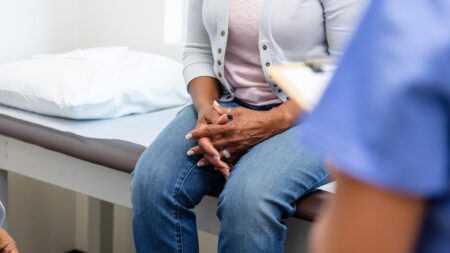India is seeing a rise in COVID-19 cases in 2025, with Kerala reporting 1,416 new infections. Delhi recorded 47 new cases and one death on June 1, 2025. This increase comes more than five years after the World Health Organization declared COVID-19 a pandemic. The Ministry of Health and Family Welfare reports 4,026 active COVID-19 cases across the country. Maharashtra and Gujarat follow Kerala with 494 and 397 active cases respectively. Since January 1, 32 COVID-related deaths have been reported in India.
The rise in cases is linked to the new JN.1 variant, a sub-lineage of the Omicron variant. This variant has an extra mutation in the spike protein, which helps the virus enter human cells. Experts say JN.1 might spread faster than earlier versions but usually causes mild symptoms. Most patients are recovering at home.
Several states that had low or no COVID-19 cases until May now report increasing infections. Symptoms include fever, fatigue, sore throat, runny nose, and headache. Health officials are closely monitoring the situation to understand its effects. The government has reviewed its healthcare infrastructure and is preparing for possible increases in cases.
Travelers should be cautious, especially those with underlying health conditions or respiratory symptoms. Besides India, Southeast Asian countries such as Hong Kong, Singapore, China, and Thailand have also seen a rise in COVID-19 cases. These destinations may pose higher risks for travelers in 2025.
Due to the surge in infections, it is advisable to avoid traveling to high-risk areas such as Kerala, Delhi, Maharashtra, Singapore, and Hong Kong. These places currently have high numbers of COVID-19 cases and crowded environments where the virus can spread easily.
The JN.1 variant has shown a potential for faster spread but so far causes mild illness. Most people recover at home with symptoms similar to a common cold. Hospitalizations and severe cases remain low, but authorities continue to watch the situation closely.
The Indian government continues to promote preventive measures such as mask-wearing, hand hygiene, and vaccination to limit the virus’s spread. Travelers should follow health guidelines, avoid non-essential trips to high-risk areas, and seek medical attention if symptoms develop.















